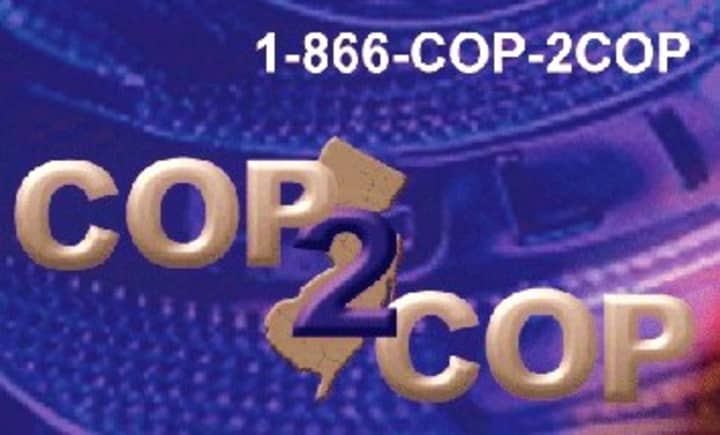It’s now 10 years that Cop2Cop has been helping New Jersey law enforcement officers and their families. And the unique suicide hotline couldn’t be more relevant — or necessary.
With money becoming tighter everywhere, media and some politicians in New Jersey have painted dollar signs as targets on the backs of law enforcement officers. There have been massive layoffs — and with those, increased overtime and fewer allowances for the personal needs of the officers still employed… as if the stress of the job wasn’t enough.
One fact that can’t be ignored: Police are four times as likely to die at their own hands than to be killed in the line of duty.
The leading trouble indicator tends to be family/marital problems, followed by alcohol abuse, trauma following a shooting or other stressful incident, feelings of loneliness and being misunderstood, physical afflictions – including shakes, tremors, panic attacks, or nightmares, and anxiety or depression.
With the added stressors in today’s economy, attention clearly must be paid.
“The average citizen, with the exception of those exposed to combat areas and situations, will never understand the stresses of police work,” New Milford Police Chief Frank Papapietro said, expressing his department’s condolences to the Port Authority officer’s family and loved ones of Teaneck Police Officer John Abraham, killed early this morning when his car hit a utility pole outside headquarters.
“How many DOA’s can you process, how many mangled bodies can you see, how many dysfunctional families can you mediate, how many times can you defend yourself from assaults, and how much sleep deprivation can you endure before your body and mind begin to fail you at an early age?” the chief asked. “Additionally, we are now being told that we are overpaid and the reason fro the poor condition of the State’s economy.
“To those who believe stress isn’t a reality in police work because nothing happens in suburbia, I advise you to stay in your bubble,” Papapietro said, “because reality would be beyond your comprehension. If we are all that stands between a civilized society and absolute anarchy, the civilized society better start appreciating the thin blue line.”
Cop2Cop, which operates 24/7 out of UMDNJ in Piscataway, was the first program of its kind in the United states to focus on suicide prevention and mental health support for law enforcement officers when it was launched in 2000.
Its hotline is answered “by retired cop volunteers and cop clinicians who have a deep understanding of officers’ concerns, problems and family issues,” according to its website.
Team members are trained in what is known as “critical incident stress management.” They will respond directly to calls and conduct sessions after critical incidents to get to the heart of the trouble. They also make referrals to those looking for deeper confidential help.
In a little over a decade, the hotline has prevented hundreds of police suicides. That’s saying a lot.
“If you are feeling depressed, helpless, overwhelmed, weak, withdrawn, suicidal, emotionally and physically exhausted from a traumatic incident or highly stressful situation, emotionally challenged or financially drained,” the web site says, “reach out for assistance.”
The free CONFIDENTIAL helpline: 1-866-COP-2COP.
For more information, as well as an extremely helpful resource list, go to: cop2coponline.net
Click here to follow Daily Voice Pascack Valley and receive free news updates.


